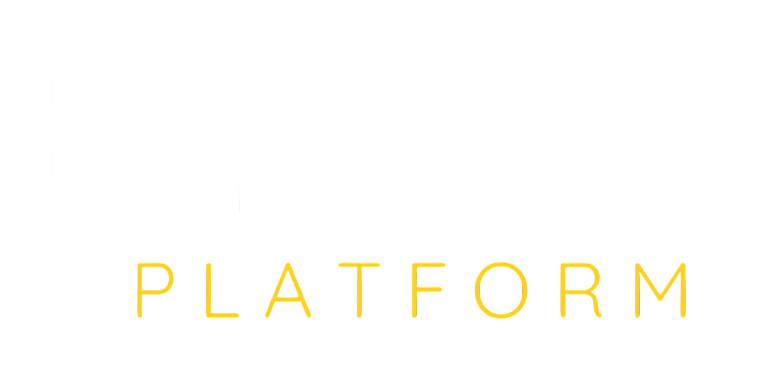
What Is CRM? Understanding the Backbone of Modern Customer Management
8/18/2025
In today’s competitive marketplace, businesses need more than great products; they need strong, lasting customer relationships. That’s where CRM comes in. But what is CRM exactly? Customer Relationship Management (CRM) refers to the strategies, processes, and tools that help companies manage interactions with both potential and existing customers.
A well-implemented CRM approach ensures that every customer touchpoint is tracked, organized, and leveraged to build loyalty, improve sales, and enhance service quality.
Defining CRM in the Modern Context
When people ask what is CRM, they often think of software, and that’s partly correct. CRM includes the platforms and applications used to store customer data, track communications, and automate certain tasks. However, it’s also a business philosophy: placing the customer at the center of every decision.
Companies using CRM systems can centralize data such as contact details, purchase history, support tickets, and more. This unified view allows sales, marketing, and support teams to work seamlessly together.
What Are CRM Systems and How Do They Work?
If you’ve ever wondered what are CRM systems, the answer is simple: they are platforms designed to collect and manage all customer-related information in one place. This centralized approach means that every department, whether marketing, sales, or service, has access to the same, up-to-date data.
For example, when a sales rep sees that a customer recently contacted support about a product issue, they can tailor their follow-up conversation accordingly. This consistency leads to stronger relationships and more effective communication.
Read more: How to Improve Your Site's Visibility: Smart Strategies That Work
What Does CRM Involve Beyond Software?
Some people think CRM is purely a technology tool, but what CRM involves is far more than software installation. It also includes:
- Processes: Defining workflows for capturing, analyzing, and using customer data.
- People: Training teams to use CRM tools effectively.
- Strategy: Aligning CRM goals with business objectives.
This blend of technology, process, and culture ensures that CRM delivers measurable value over time.
What Is CRM Software Used For in Business?
A common follow-up to what is CRM. Businesses rely on CRM tools for:
- Contact Management: Storing detailed customer information.
- Sales Tracking: Monitoring leads, opportunities, and deals.
- Marketing Automation: Sending targeted campaigns to segmented audiences.
- Customer Support: Managing inquiries, complaints, and feedback.
By automating routine tasks and providing actionable insights, CRM software allows teams to focus on high-value interactions.
Read more: White Hat SEO vs Black Hat SEO: What's the Real Difference?
Types of CRM Solutions
When researching what is CRM, it’s important to understand that not all CRM tools are alike. They generally fall into three categories:
- Operational CRM: Streamlines customer-facing processes like sales, marketing, and service.
- Analytical CRM: Focuses on data analysis to improve decision-making.
- Collaborative CRM: Enhances communication and information-sharing between departments.
Choosing the right type depends on your business priorities and customer engagement model.
Advantages of Using CRM
Businesses exploring what is CRM often discover a range of benefits, including:
- Improved customer satisfaction through personalized service.
- Higher conversion rates due to better lead management.
- Enhanced collaboration across teams.
- Data-driven decision-making for marketing and sales strategies.
These advantages make CRM one of the most valuable investments for both small businesses and large enterprises.
Challenges in CRM Implementation
While the benefits are clear, companies should also be aware of potential challenges. Implementing CRM systems can be complex, requiring proper training, data migration, and change management. Without buy-in from all departments, even the best CRM software can underperform.
How Bytes Platform Can Help
If you’re still asking what is CRM and how to implement it effectively, Bytes Platform can guide you every step of the way. We specialize in tailoring CRM solutions to your business needs, helping you choose the right platform, configure it for maximum efficiency, and train your team to get the most out of it.
Whether you need help integrating your CRM with existing tools, customizing dashboards, or automating workflows, our team ensures that your CRM investment delivers measurable results.
Ready to turn customer data into business growth? Contact Bytes Platform today and let’s design a CRM strategy that drives loyalty, increases sales, and transforms the way you engage with your audience.
Related Articles

7 Digital Marketing Trends in 2026: What Businesses Must Know to Stay Ahead
7 Digital Marketing Trends in 2026

8 SEO Trends for 2026: A Complete Guide to Staying Ahead in Search Rankings
8 SEO Trends for 2026

Top 5 Mobile App Development Trends 2026: A Complete Guide for Businesses
Top 5 Mobile App Development Trends

